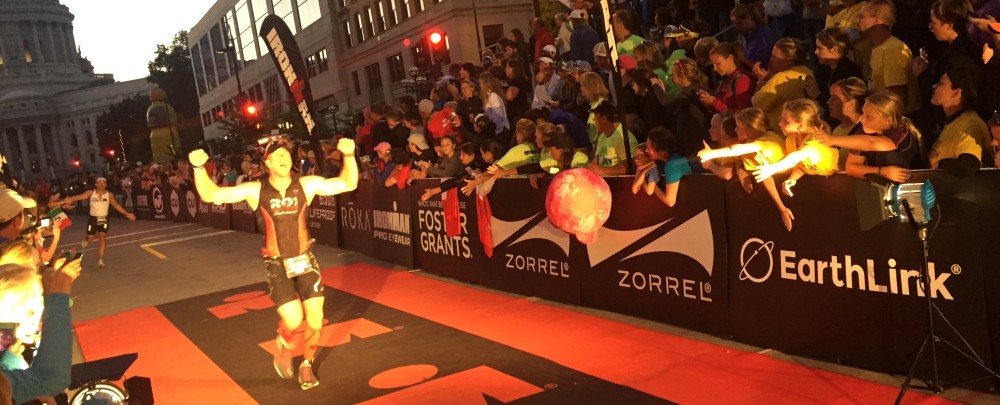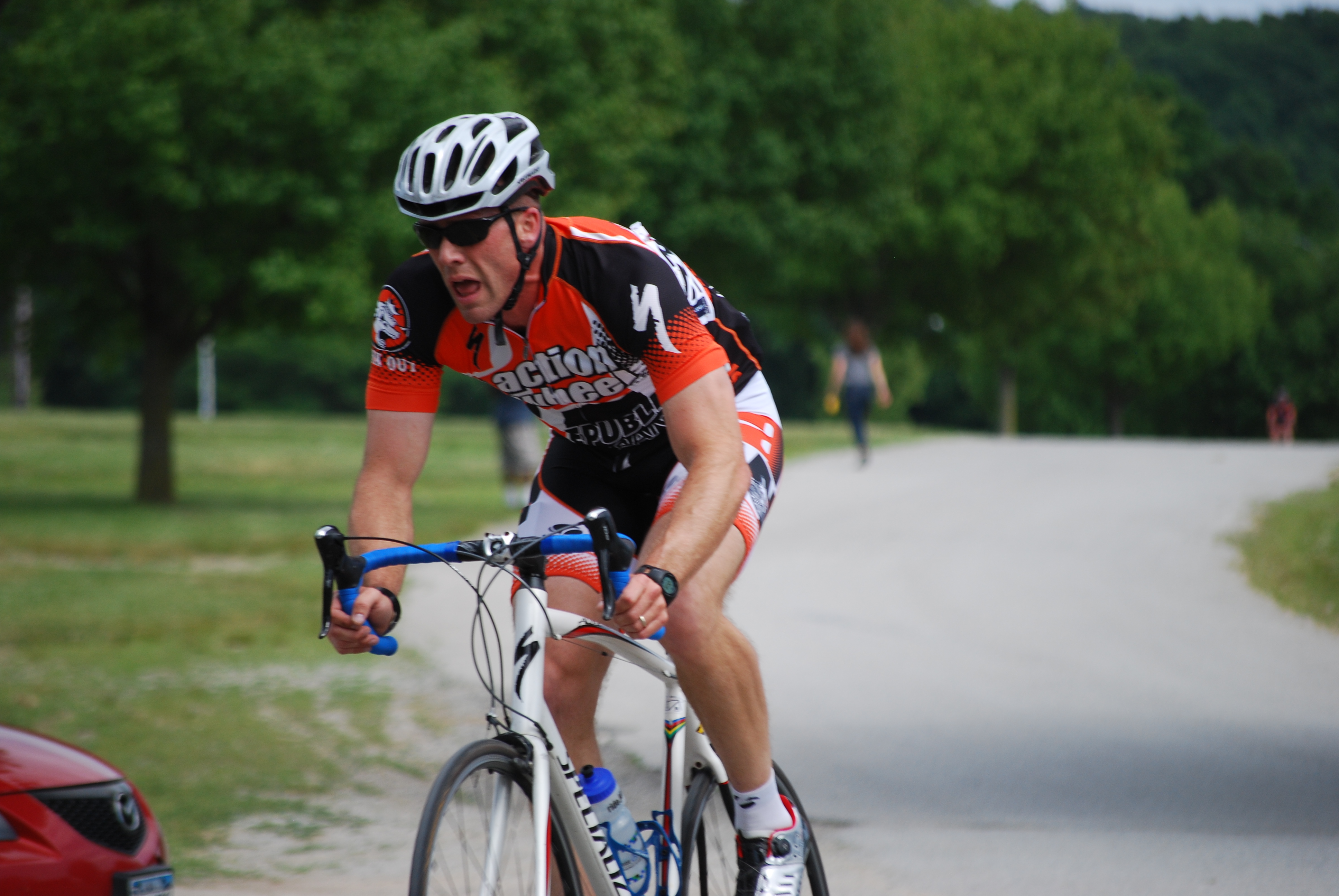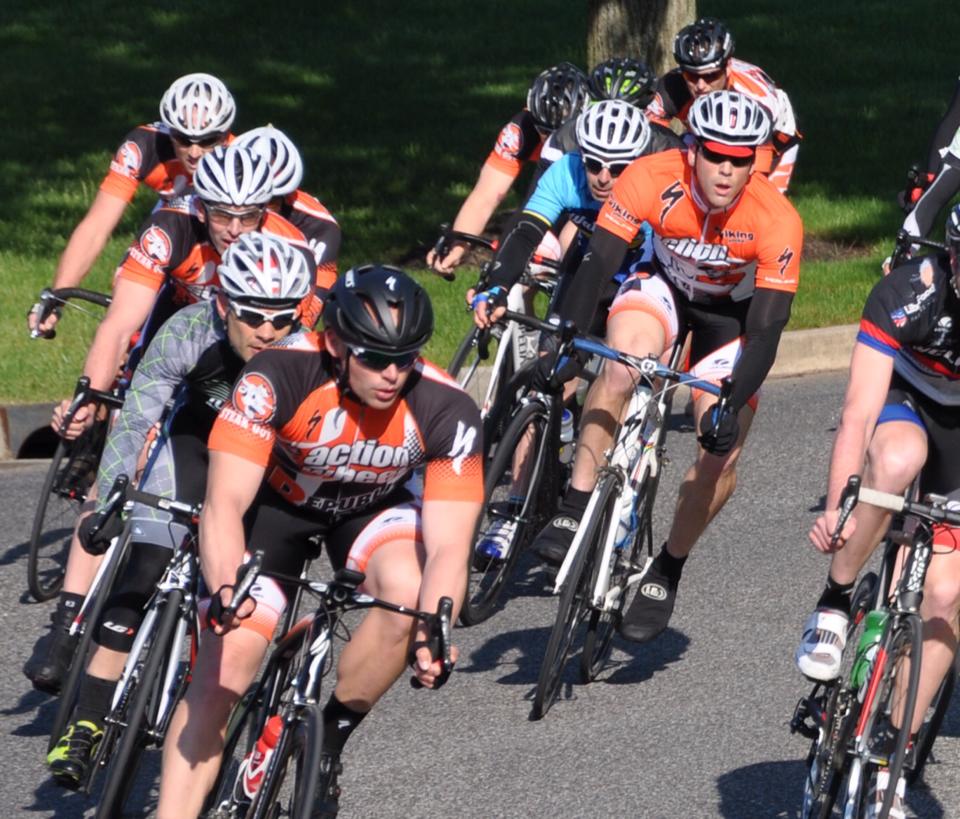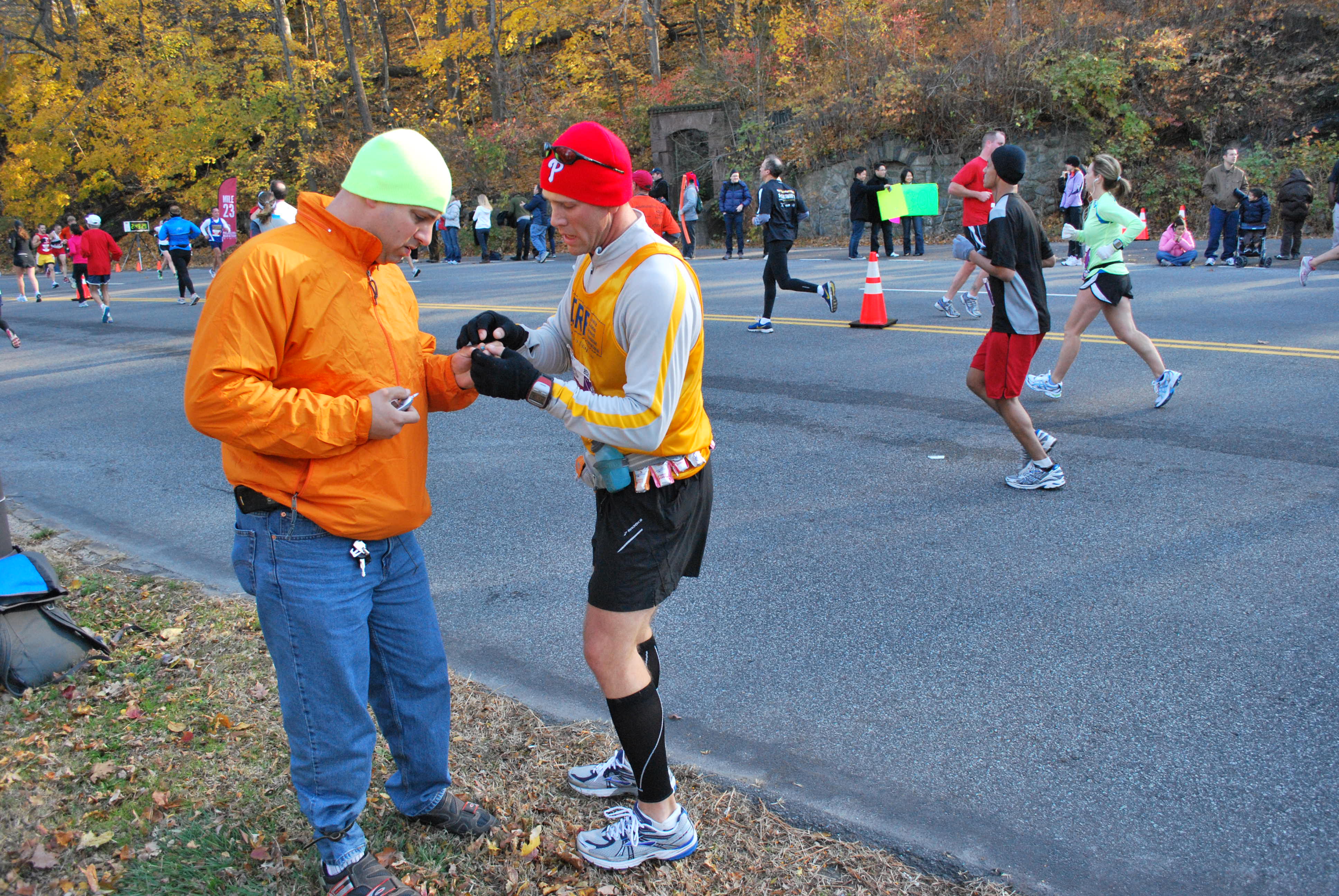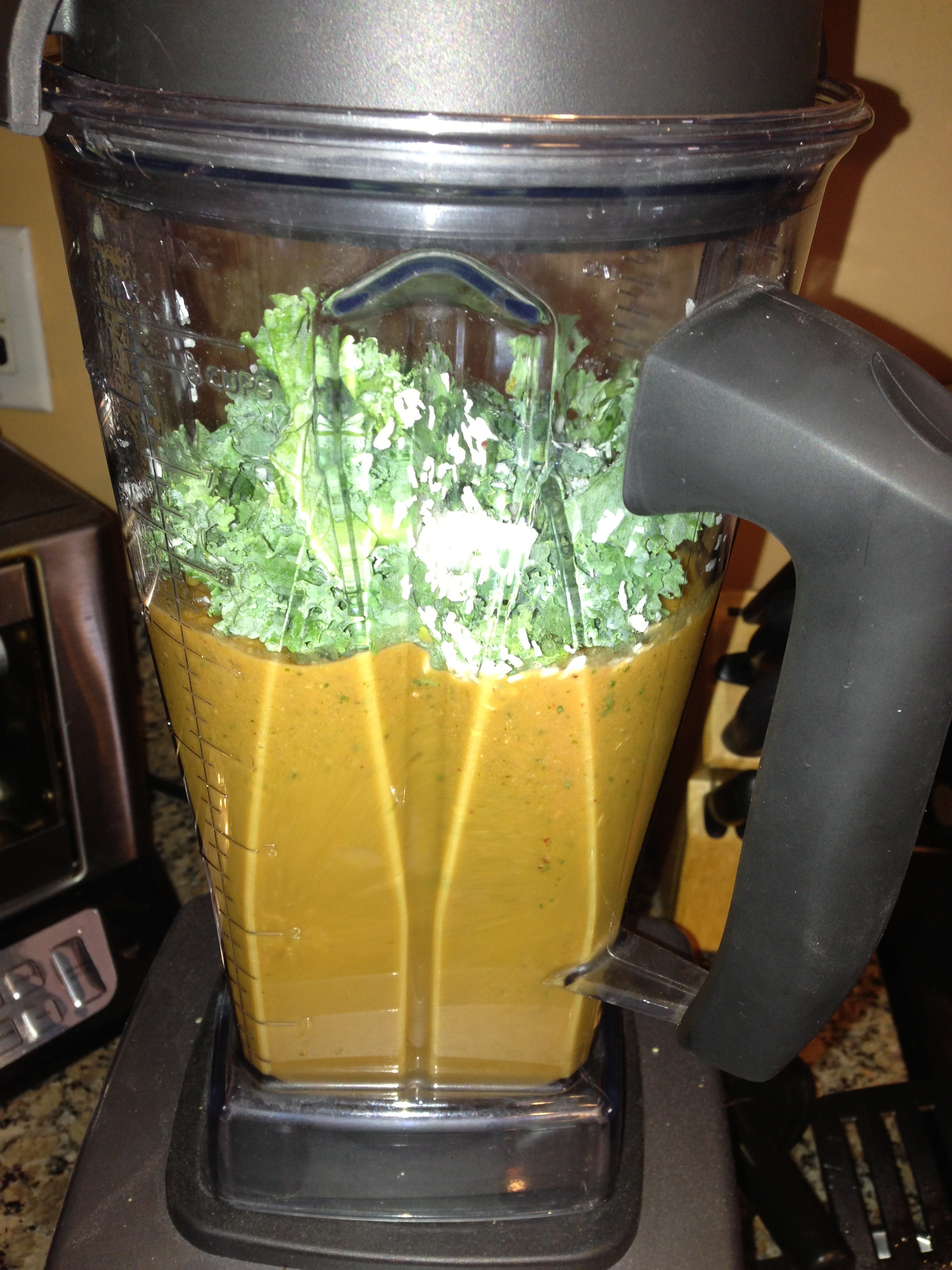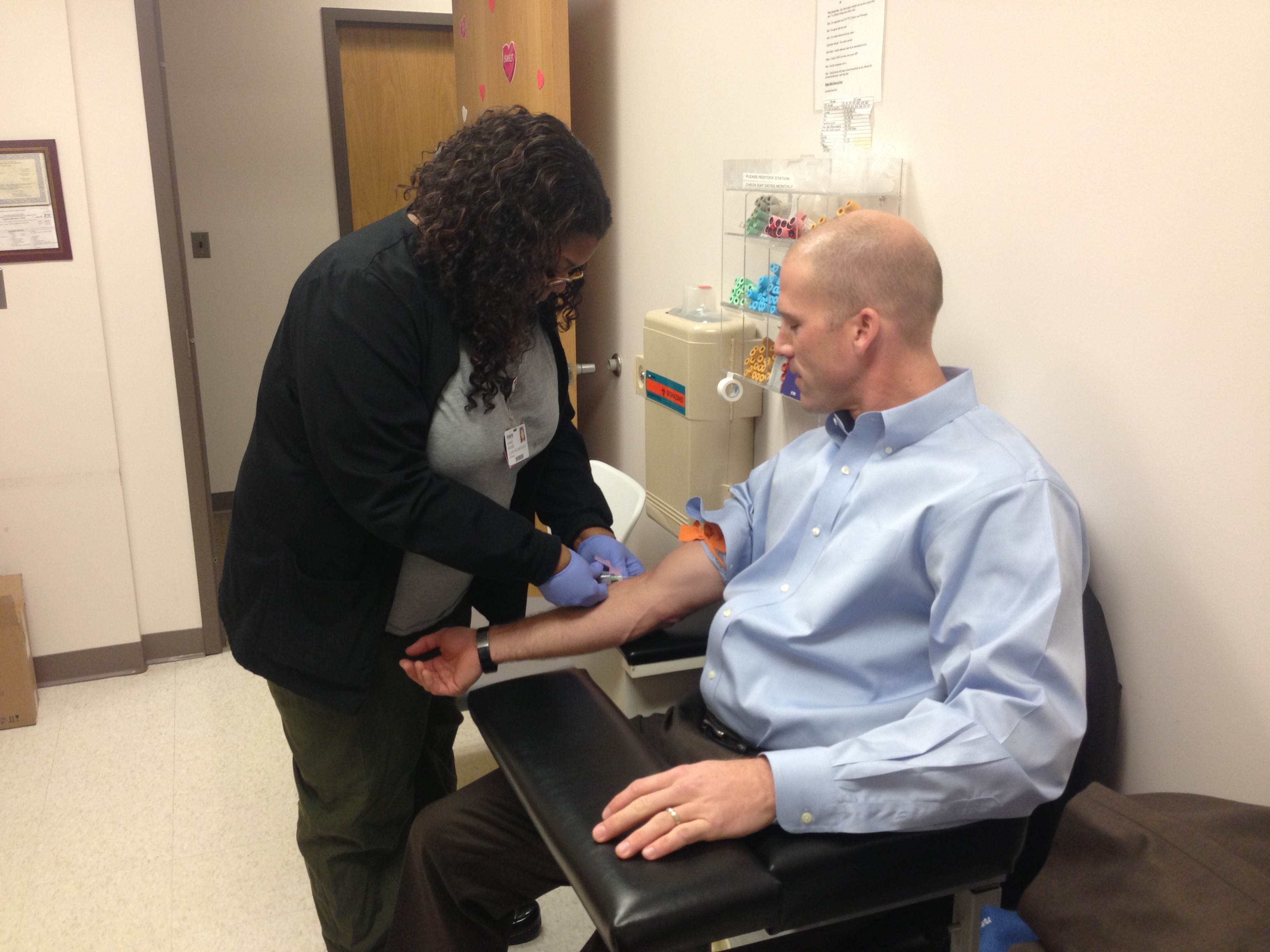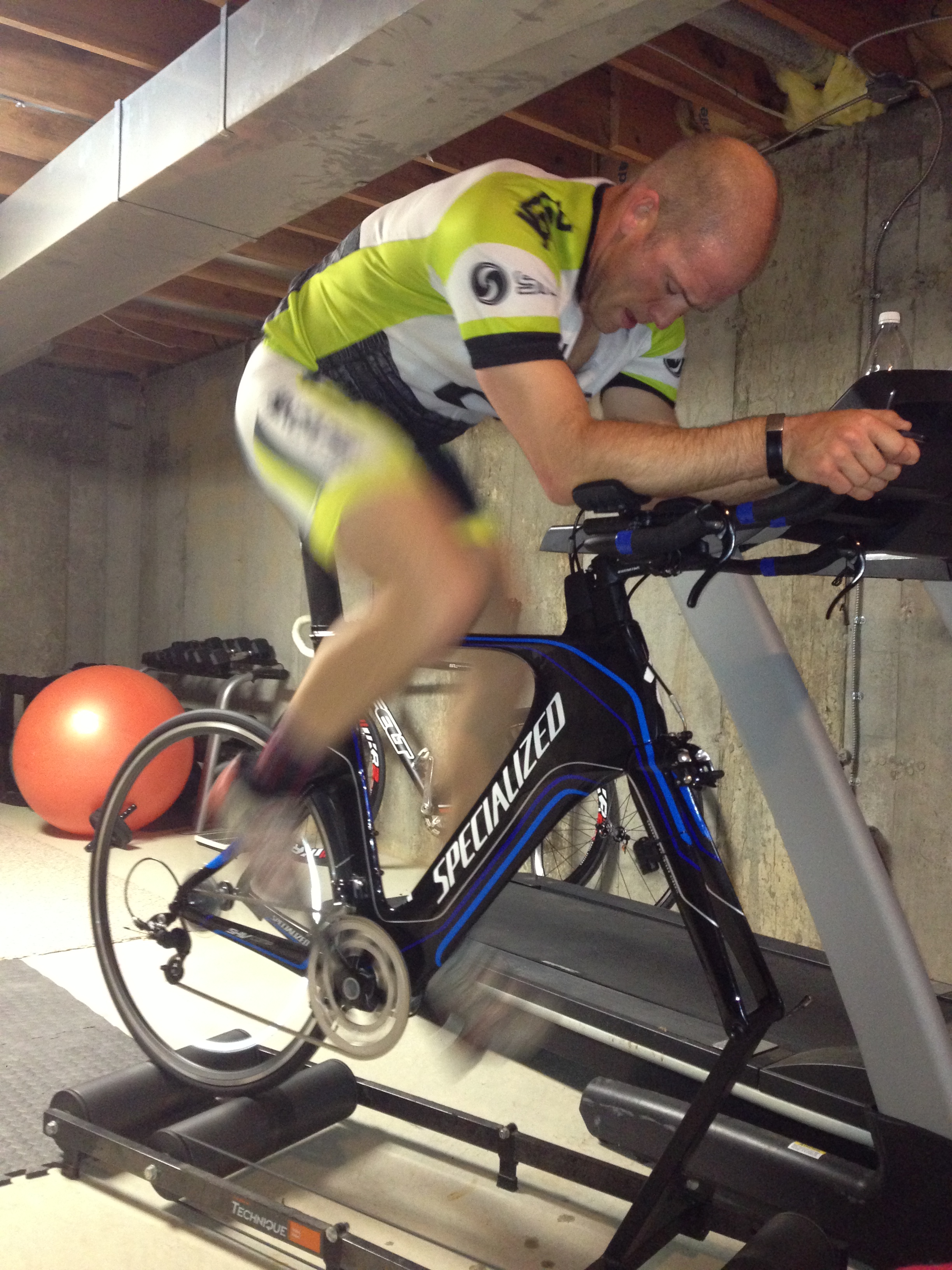So, I have been training….and spending most of my time on the bike. Due to the fact that I have the Challenge Triathlon Relay next weekend. I am the 112 mile bike leg. Just so happens that I am going to complete this with two of my favorite training buddies: my wife is going to kill it in the 2.4 mile swim, and my college team mate and good friend, Zach is going to drive it home with the marathon.
Over the last two months, I have tried something new. I’ve been racing with the Action Wheels race team in criterium and road races. It’s been a great group of folks to ride and race with and I’ve been having a ton of fun while hanging with them.
Here’s the interesting part….it’s another new athletic thing to tackle. Train, recover, fuel, hydrate, and manage blood glucose levels to do this all effectively.
We’ve all seen the statements on FB, LinkedIn, and Twitter about failure. These statements, in my world, are true….and false all at the same time. A necessary evil, if you will.
If you have T1D and want to try something new, it means insulin level adjustments and fueling adjustments. Not just for right now, but for the next 24 hours. If you stack your workouts daily, or get to 2 a days for the multi-sport folks, then the off workout time gets tricky with balancing insulin levels needed now for recovery fuel but without over doing because you just had a hard workout. Then, what if you want to go to sleep and your blood glucose level isn’t right?
I’ve heard people say that managing T1D is the only disease you manage where you deliver a drug (insulin), multiple times a day, that if you make a mistake, it could kill you.
THAT’s a strong statement.
There’s a reason I like cycling….well many, really, but it compares to T1D. Racing a bicycle is all fluid motion. Constant change in the group, with the dynamics on a razor thin margin just waiting to fall one direction or the other. You have to be ready, at a moments notice, to chase a wheel or attack of the front, and then know when you need to sit in and recover.
Sometimes you feel like this (Giro Del Cielo Creiterium):
But other times, it’s smooth, and the plan comes together and your team comes home with a win (NJ State Criterium Championships).
Cycling is constant learning. Pitting yourself against the other riders to perform your role for your team. You miss a wheel here, gap a rider there, attack and stay out to long. But these moments are banked away to be used again, so that the next time you face this situation, you adjust and make it work in your favor.
Management of T1D is the same way. Built on experience. Trial and error. Failure. Make the adjustment, try it out, make a mistake, make another adjustment and gain some success. These incremental successes are where good T1D management occurs. You have to be a grinder, constant learning, constant change. If you’re a fan of cycling and know about Rule #5, it applies here. Show me a family that lives with T1D, and they inherently know about Rule #5.
How does this work? Have a good team. You need to trust your physician. Communicate your goals to your family. Have a plan, and have a back up plan. Test the plan. Test it again. Be gritty. Don’t back down when the first failure occurs. And it will, so have a plan. Adjust, and try it again.
Failure in T1D management is going to happen. The plan doesn’t work, so it has failed. But here’s the most important fact about failure: it puts you one step closer to success. Don’t use it as judgement, use it as data, because the data doesn’t place blame. There shouldn’t be any. The data will point you in the right direction, so follow the data. Failure should not be an emotional response, it should be informational in nature.
So, next week is the culmination of many failure’s over the last two months. I’m not going to tell you that I didn’t get frustrated, because I did. But I’ve been training since winter for this event, so I am going to use every bit of failure as data points to make this weeks event a success.
This (Philadelphia Marathon 2010)
Plus this (healthy fueling, a constant for the last two years):
This (blood work 3-4 times per year):
and this (a lot of training):
All went into the preparation that will equal the effort. And that’s just for the 112 mile bike leg. Wish us luck! More to come next week after the race……
